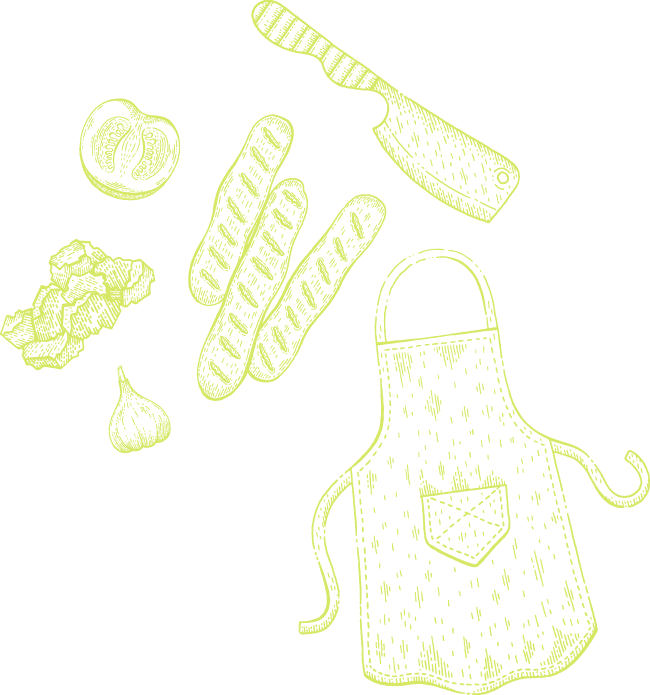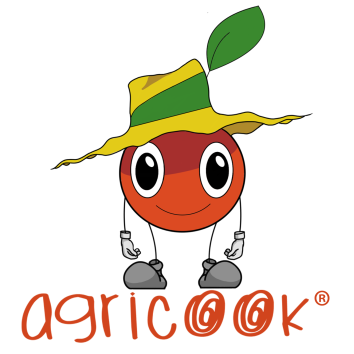
Fresh and aged cheeses: an all-Italian excellence
Our dairy products are famous all over the world. But are fresh or aged cheeses better?
To grasp the vastness of the offer, just dwell on one detail: in reality, the classification between aged and fresh cheeses is just one of the many into which our dairy products are divided. In fact, in addition to the criterion of maturation, cheeses can be classified according to the milk used (cow, goat, buffalo, sheep), the heat treatment of the milk (raw or pasteurized), the fats contained in them (low-fat and low-fat cheeses ), the consistency of the dough (soft, hard and semi-hard) and, to be precise, also according to the temperature and the working process of the dough, as well as the type of crust with which they are presented. But all this would take us too far.
Also because the difference between fresh and aged cheeses is the one that interests the most attentive consumers and, therefore, you too.
Fresh or aged cheeses? Substantial differences
What distinguishes fresh cheeses from mature cheeses is the maturation time, a term by which we mean the completely natural process in which the biochemical processes that transform the constituents of milk take place. In a nutshell, during this period the cheeses lose most of their liquid, the residual sugars ferment and the fats and proteins are transformed, giving aged cheeses their characteristic flavor.
The maturing period cannot be less than 30 days, a period of time under which cheeses are defined as fresh. From the point of view of digestibility, aged cheeses are preferable due to the lower concentration of lactose, while fresh cheeses are lighter, because they are often made from skimmed milk.
On the contrary, aged cheeses, which can be aged for up to 24 months, are all based on whole milk, which is why they have a greater quantity of fat and salt. But are aged cheeses bad for you? It depends: they certainly favor high blood pressure and are not at all recommended for diet menus, but by taking them in moderation, to the extent of 100 grams per week, you can give yourself the unmistakable taste of our ancient peasant tradition, without compromising your health.
But where to buy quality fresh and aged cheeses?
Famous cheeses: between seasoned and fresh, the offer is endless!
Ours is a very varied country and, as a result of this, each region has given rise to its cheeses. But if it is true that in every supermarket in the beautiful country you can find every type of cheese, it is equally true that to taste superior quality dairy products you will have to contact local producers, who offer IGP and DOP cheeses, with which to ensure all the quality and flavor you are looking for.
A few examples? Buffalo mozzarella from Campania, produced exclusively in the area of Caserta, Naples and Salerno. Or the Robiola di Roccaverano, handcrafted with only milk from goats belonging to the Roccaverano and Camosciata Alpina breeds. But also Asiago, coming from some municipalities in Trentino and Veneto, or Pecorino Sardo, obviously produced with only Sardinian sheep's milk.
The truth is, the list is very long. Trust the ancient knowledge of local artisan companies and ask them for advice: they will not disappoint you.
Vai allo shop per scoprire i prodotti disponibili






Leave a Comment